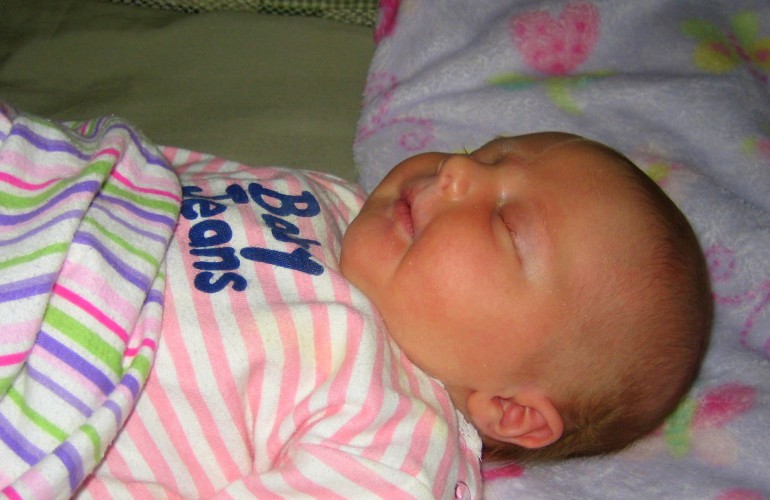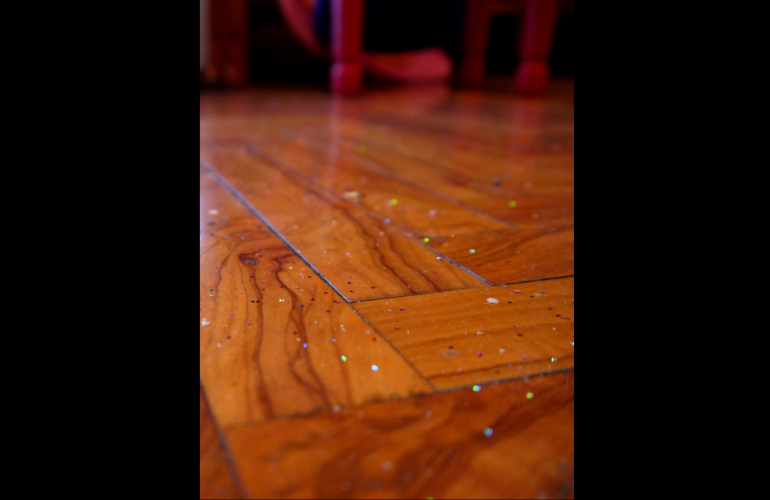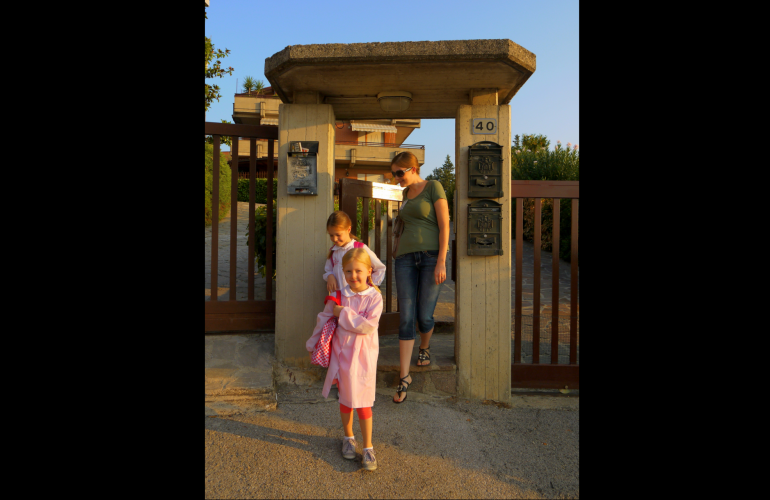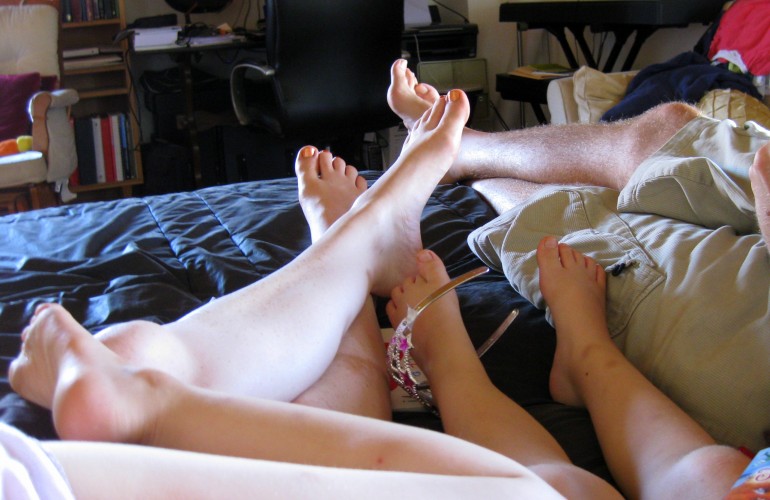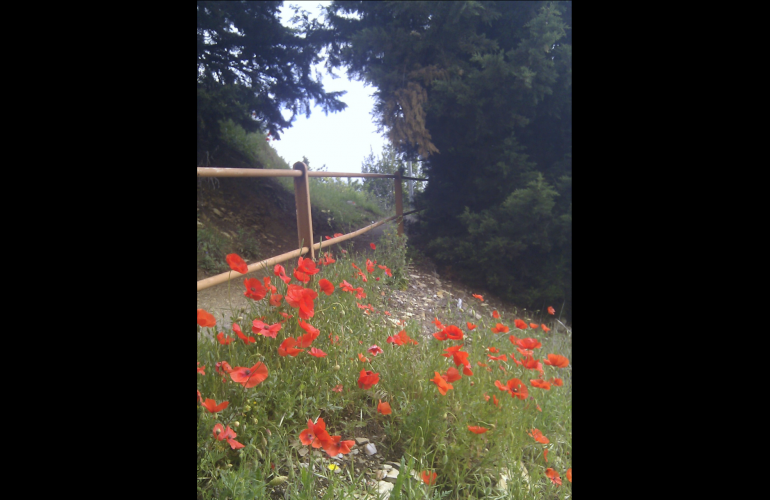A few days ago, as I was rummaging around in the darkest corner of our fridge for the ginger, I found a granddaddy long-legs, its limbs pinched around itself like a claw. It was so unexpected and out of place—this arachnid death-tableau in the crisper drawer—but it struck me immediately as a totem, an image bearer for the memories that have been creeping around my consciousness on skeletal legs these last several days.
I’ve grown unaccustomed to bad memories, healed as I am by years of color and distance and impromptu dance parties. Yes, PTSD is a zombie escape artist who rears through the packed earth every so often to feast on my brains, but the breakouts have become rarer with time, and I simply wasn’t prepared to feel the past whisper-scraping up to me again.
It’s like this:
First, the sound of a lock turning from the inside; stealthy intentions grating against rust. I know what comes next, but I’m slow to react, seconds too late to stop the iron-plated door from sucking suddenly open. And there it is—a memory no longer pinched around itself but extending its claw legs, freezing me in a moment I once fought hard to escape. My perception of the world fractures, and I become the spectator and the victim at once. I relive all the helplessness I felt as a young girl in extreme emotional and physical pain, and then the helplessness of regret. I should have known it wasn’t right. I should have told someone. I should have fought, tooth and nail and voice and soul. Why didn’t I fight?
I know that letting myself get sucked back into that room only does me harm. There is no redemption in unanswerable questions, and their cobwebbed pain will cling to my skin for days after I leave. I do leave though, on the strength of repeat forgivenesses and the strain of personhood that runs deep enough to wake me from dreams. In this case, it wakes me to compassion, and I turn my anger from the child who didn’t know better, who had been taught wrong-as-right and don’t-tell-a-soul all her life. My anger turns away from my former abusers as well. They deserve my anger, certainly, but I’ve expended plenty on them in years past, and grace gives me room to breathe.
As my anger fades to the bigger picture—to religious despotism and church-sanctioned cruelty and this messed-up world where anything can be justified with enough jargon—my memory-cell fades from view, and I hear the door thud shut as if from underwater. There are other doors, of course. Perhaps tomorrow, or next week, or even an unguarded moment later today, I’ll hear the scratch of spinneret against doorjamb and scramble first to hold the past shut and then to escape it. This is the reality of life after trauma.
But there is also LIFE after trauma, a spacious world of possibility surrounding and surpassing moments of regression. In fact, that’s what I most wanted to put into writing today—that the very best way I’ve found to keep bad memories at bay is to invest myself in the present. Looking into my daughters’ eyes just to study their blue, to count the laugh lines ringing their irises… Folding the laundry with fingertips attuned to the interplay of threads, each filigreed whorl of cotton… Holding the bitter of coffee and the sweet of cane sugar on my tongue a few seconds longer… Pressing snooze to slide like a puzzle piece into the curve of my husband’s back, to soak in our collective warmth before the day… Turning the music loud in my earphones and feeling, with all my heart, the beauty of this unpredictable, compassion-won life I’m living.
